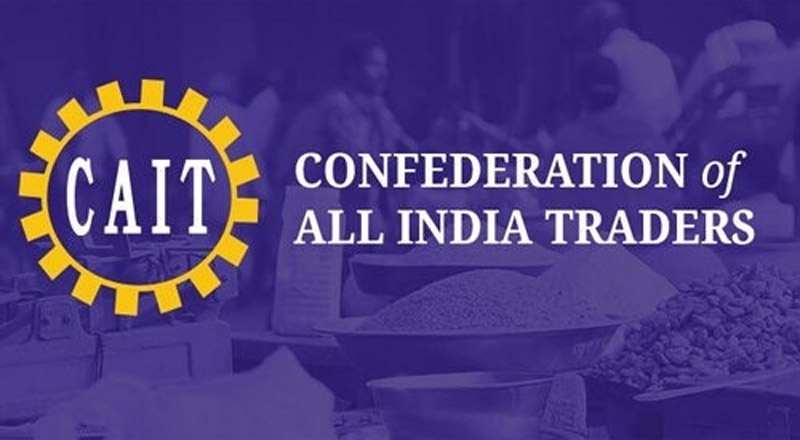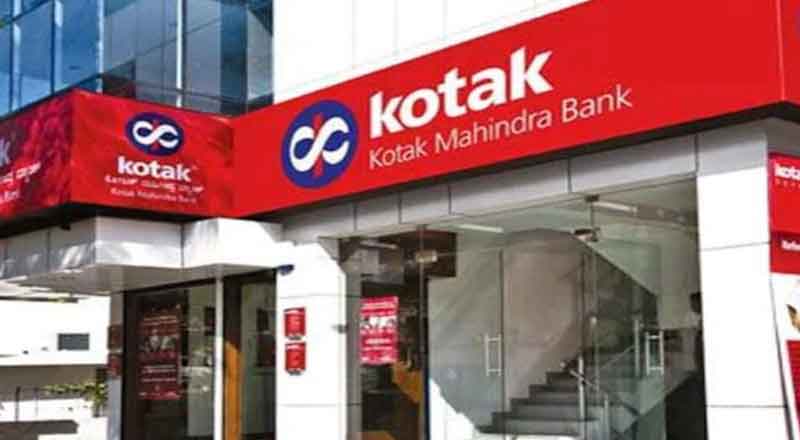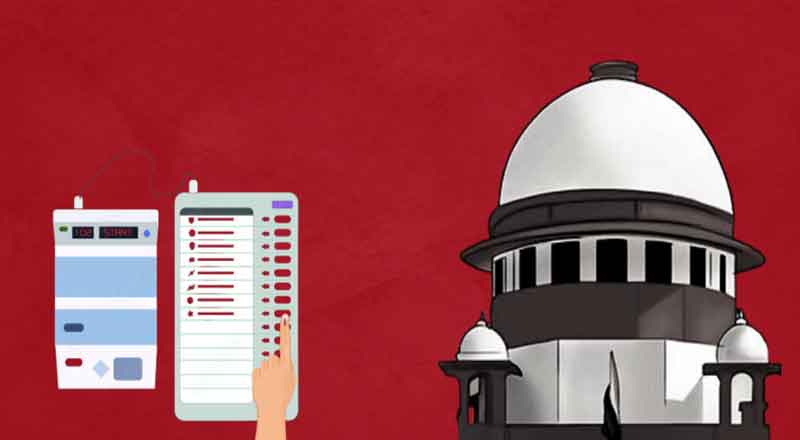The Confederation of All India Traders (CAIT) has accused e-pharmacies like PharmEasy, Medlife and 1mg of violating the Drugs & Cosmetics Act, 1940. In a letter to Union Minister Piyush Goyal, CAIT noted that the “sale of prescription drugs and medicines through online medium is illegal”. It further accused them of “capital dumping and deep discounting, leading to predatory pricing”.
There is repeated violation of Drugs & Cosmetics Act by selling pharmacy through their respective e-commerce channels which is adversely affecting the business of lakh of Medicine Retailers, Chemists etc who are giving medicines to needy people by observing all provisions of the law and the rules.
The prominent companies clouding Pharmeasy & Medlife , owned by Dharmil Seth and investment from Temasek, 1 Mg owned by Prashant Tandon, investment from Sequoia and now slated to merge in Tata Group, Nermeds, now owned by Reliance Group), Amazon and Flipkart (owned by Walmart) are indulging in selling pharmacy online.
The letter states as under :
- Mushrooming of e-pharmacy is causing hugehardships to the retail chemists and distributors in the wake of anti-competitive practices like capital dumping and deep discounting leading to predatory pricing.
- Brick and Mortar medicine rescuers including retail chemistsand distributorsare the first points of contact for needy patients across the country. E-pharmacies with their financial backing by large foreign players/funds have started disrupting brick and mortar retailers due to the unmatched and often unsustainable pricing.
- The pandemic has been especially hard for brick-and-mortar pharmacies that operate on thin margins and thecapture of customer baseby e-pharmacies is only adding to the distress. As soon as the markets started reopening in October 2020, after the lockdown, E-pharmacies like Pharmeasy and Medlife indulged in deep discounting on their platforms by giving a flat discount of 30%. To capture the market even further, an additional cashback of 20% was extended to customers with free shipping. Effectively, this translated to a whopping discount of around 40%-45% with free shipping.
- Predatory Pricing is done with the sole intention of eliminating the market competition. E-pharmacies Medlife and 1Mg indulged in predatory pricing immediately after the lockdown by offering a 25% discount on medicines and an astronomical 75% discount on wellness products, a market that had begun expanding in the wake of the COVID-19 pandemic. While even a 25% discount of medicines is capable of distorting the market, a 75% discount on a market that had just begun to swell up is daylight robbery since it not only erodes the customer base of traditional retailers but also creates an unhealthy competition, one that is unsustainable in the long run.
- By using consumer data which is otherwise not available to traditional players, e-pharmacies likePharmeasy& Medlife (owned by Dbarmil Seib and investment form, Temasek etc) and 1Mg (prashant Thndon, investment from sequoia and non’ slated to mage in Tata Group) have offered a minimum discount of 30% at the start of the month and approximately 40% discount at the end of the month to rater to the analysis and resultant trend that spending reduces end if the month.
- It is important to note that sale ofprescription drugs and medicines through online medium is illegal.The legal regime, under Drugs & Cosmetics Act, 1940, does not permit home delivery of prescription medicines for which a prescription “in original” is required
- It is possible for e-pharmacies likePharmeasy, Medlife, 1Mg, Netmeds(now Unwed by Reliance Group.), Amazon (foreign company owned by Amazon.com). Flipkart (owned by foreign company Walmart) to operate on rock bottom prices with 30%-40% discount and free shipping because of the capital dumping in these e-pharmacies by foreign behemoths. This practice of capital dumping can prove extremely detrimental to the sustenance and future of the industry because e-pharmacies have their limitations and last mile connectivity and emergency provisioning is ensured by brick-and-mortar retailers who in turn also provide livelihood to millions of retail pharmacies, their families and employees.





